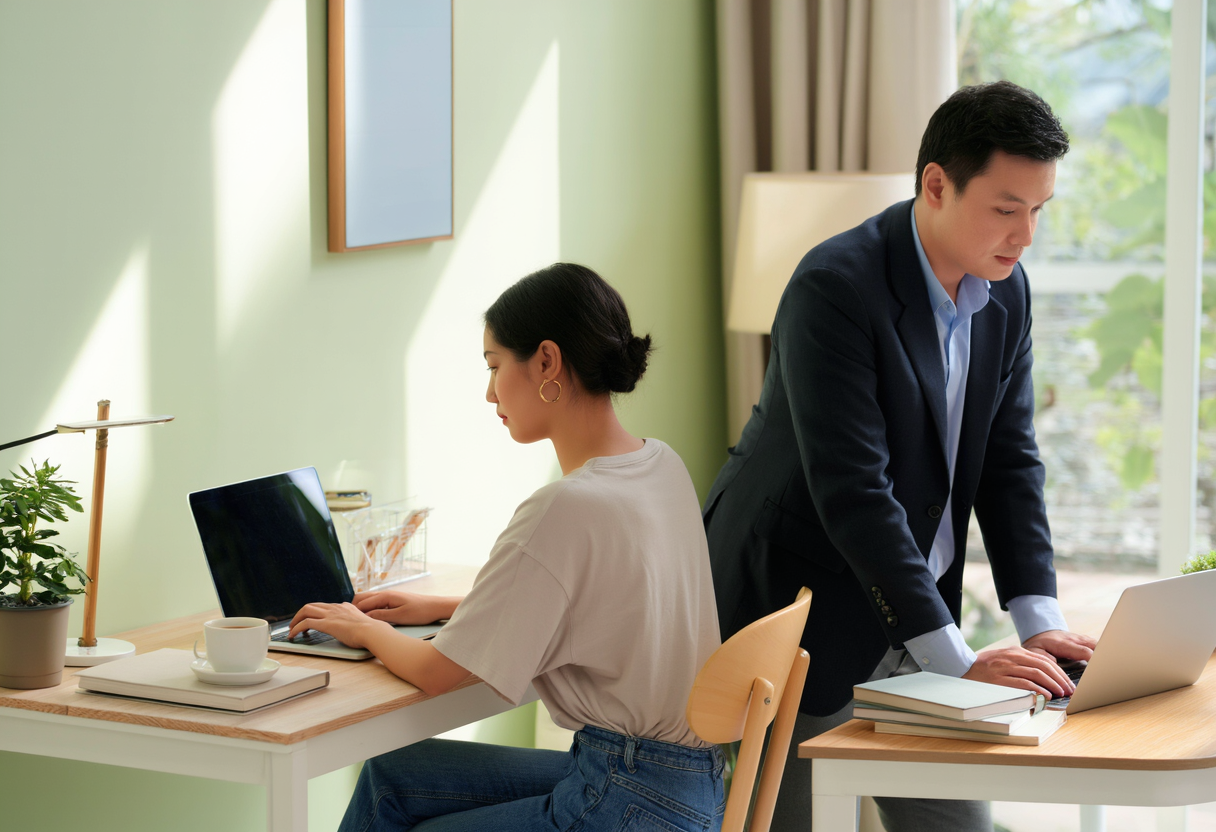Why Second-hand Laptops Are a Smart Investment for Everyone
Investing in second-hand laptops offers more than just cost savings; it is a choice that aligns with sustainable living. As technology evolves, these devices provide an accessible entry point for many users, including students and professionals. This article delves into the advantages of purchasing second-hand laptops, the growing marketplace, and factors to consider for optimal buying experiences. By understanding these dynamics, prospective buyers can make informed decisions while contributing to a cleaner planet.
The Value Proposition of Second-hand Laptops
The value of second-hand laptops is often underestimated, yet they hold great potential for savvy consumers. For those on a budget, these devices present substantial cost savings, allowing users access to models that may otherwise be financially prohibitive. Additionally, second-hand laptops come equipped with powerful features that can meet the demands of everyday tasks, from word processing to streaming media. As technology has advanced, many older devices still hold their value and utility, making them appealing options. Furthermore, purchasing second-hand laptops supports eco-friendly practices by reducing e-waste and promoting sustainable consumption. In today’s world, where environmental consciousness is paramount, second-hand laptops emerge as not only economical choices but also ethical ones. Hence, understanding the value proposition of these devices is crucial for consumers looking to make informed tech investments.
Who Benefits from Second-hand Laptops?
Various demographics benefit from opting for second-hand laptops, each with unique needs and preferences. Students, for example, often have limited budgets and require reliable devices for their academic pursuits. Second-hand laptops allow them to acquire essential technology without the burden of debt. Similarly, professionals starting their careers can find good quality laptops at a fraction of the retail price, enabling them to invest in other essential areas. Moreover, families seeking devices for children or shared household use may opt for second-hand laptops for financial efficiency. In essence, these laptops transcend traditional user boundaries, appealing to anyone looking for an affordable yet capable device. The wide accessibility of second-hand laptops highlights their role in democratizing technology, paving the way for broader digital inclusion.
The Ecological Impact of Second-hand Technology
The ecological benefits of purchasing second-hand laptops cannot be overstated. Each device that finds a new home represents a step towards reducing electronic waste, which has far-reaching consequences for the environment. Landfills are often filled with discarded electronics, leading to toxic pollution and resource depletion. By choosing second-hand laptops, consumers actively participate in combating this pressing issue. In essence, every purchased second-hand laptop contributes to a cleaner, healthier planet for future generations. Businesses also play a key role in this transition by adopting practices, such as refurbishment and responsible recycling. As such, the ecological impact of the second-hand laptop market is both powerful and necessary, advocating for a shift in consumer behavior towards sustainability.
Navigating the Second-hand Laptop Marketplace
With the rise in demand for second-hand laptops, numerous platforms have emerged to facilitate buying and selling. Online marketplaces, brick-and-mortar stores, and refurbished electronics retailers all contribute to a vibrant second-hand market. Consumers can benefit from these diverse options by comparing prices, conditions, and warranties. It’s essential to be vigilant during the buying process, ensuring that sellers are reputable and transparent about the laptops’ conditions. Additionally, examining buyer reviews can offer insight into the quality and reliability of the devices. By navigating the second-hand laptop marketplace wisely, consumers can discover great deals and make purchases that meet their specific requirements.
Making Informed Purchases: Key Considerations
When considering the purchase of second-hand laptops, certain factors should be kept in mind to ensure a satisfactory experience. Firstly, assessing the physical condition is critical; checking for scratches, dents, and signs of wear can indicate the laptop’s history. Secondly, understanding the specifications, such as processor speed, RAM, and storage capacity, equips consumers to match their needs with the right device. Moreover, researching warranty options can provide peace of mind, especially if the device is refurbished. By prioritizing these considerations, buyers can significantly improve their chances of finding a second-hand laptop that aligns with their expectations and requirements. It's also essential to inquire about the device's history, including previous repairs and service records, to make a fully informed decision.
Conclusion: A Bright Future for Second-hand Laptops
In summary, second-hand laptops represent a smart investment for consumers seeking affordability and sustainability. As the marketplace evolves, opportunities for finding quality used devices expand, catering to diverse user needs. Understanding the benefits and responsibilities associated with buying second-hand laptops empowers consumers and contributes positively to environmental conservation. This trend indicates a bright future for second-hand technology as more people recognize the value of sustainable choices. Ultimately, investing in second-hand laptops not only enhances individual experiences but also champions a healthier planet.
